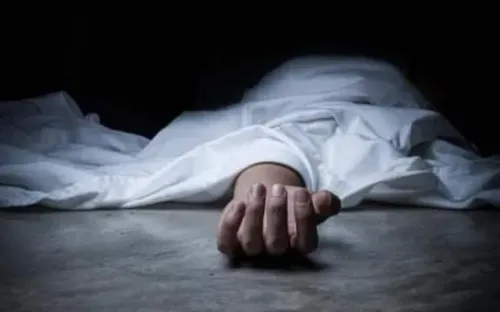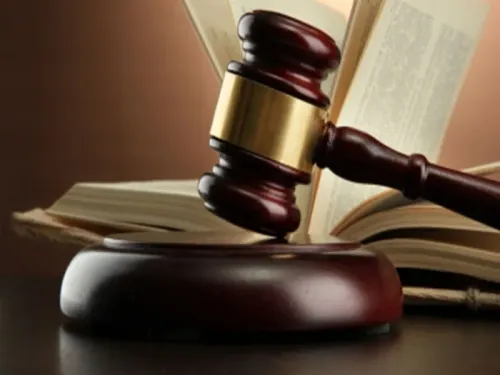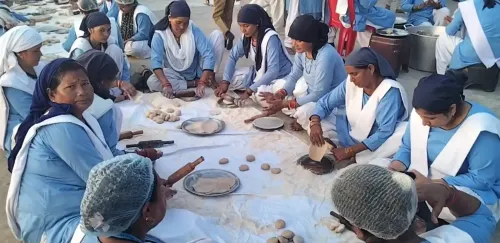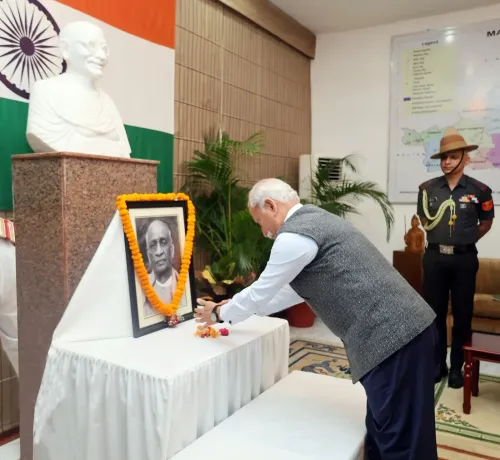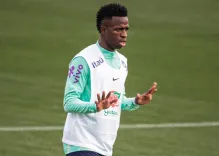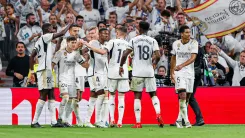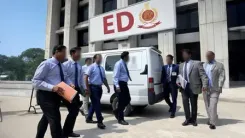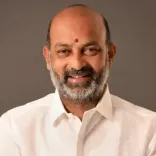Did the then PM pray while the Babri mosque was being demolished?
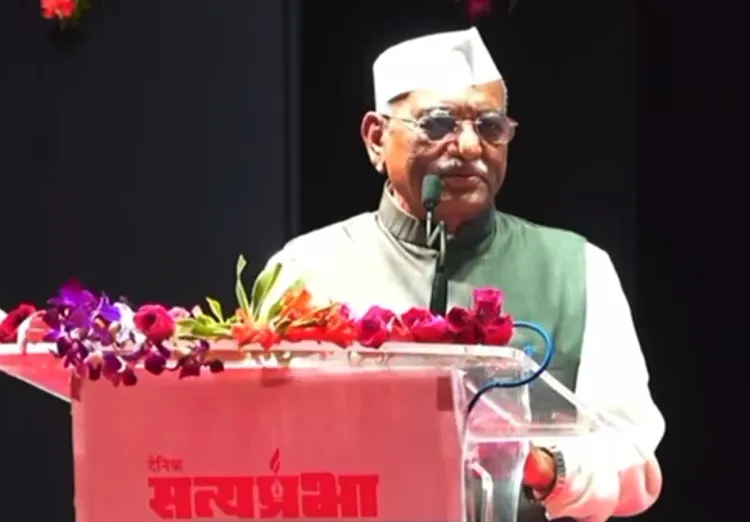
Synopsis
Key Takeaways
- Haribhau Bagade's disclosures shed light on the events surrounding the Babri mosque demolition.
- Bagade claims that then PM P.V. Narasimha Rao was praying during the mosque's destruction.
- The Congress party may face political repercussions from these revelations.
- Insights from the past could reshape current political narratives.
- The historical context continues to influence contemporary discussions.
New Delhi, July 15 (NationPress) Rajasthan Governor Haribhau Bagade made significant and startling revelations on the demolition of the Babri mosque in 1992, unearthing 'many secrets' that have remained hidden for over three decades after an event that ignited widespread riots across India.
"While the Babri mosque was being demolished by the mob, the then Prime Minister P.V. Narasimha Rao was engaged in prayers to God," Rajasthan Governor Haribhau Bagade disclosed during a gathering in Nanded on Monday.
His comments, made during a program honoring the death anniversary of former Union Home Minister Dr. Shankarrao Chavan, may lead to significant political backlash, particularly from the Congress party.
The Congress has attributed the demolition of the Babri mosque to the then-BJP government in Uttar Pradesh, along with Chief Minister Kalyan Singh. However, Bagade's latest account, from someone closely linked to the events of that era, could place the grand old party in an uncomfortable position.
Bagade, sharing insights from the power corridors of that period, mentioned that he visited Ayodhya as part of a committee before the religious structure was destroyed.
"When Dr. Shankarrao Chavan visited the Babri mosque, there was no idol of Ram Lalla. Only three domes were present. He inquired about the mosque, to which he was informed that this very structure was known as the Babri mosque," Haribhau Bagade recounted.
Bagade, who previously served as the Speaker of the Maharashtra Assembly, emphasized that without the history of the 1992 incident, there might not have been a grand Ram Mandir today.
He defended Dr. Shankarrao Chavan‘s tenure as Home Minister, stating that he had proposed President’s rule in Uttar Pradesh to manage the escalating chaos, but his suggestions were ignored, particularly by Sharad Pawar.
"Following the demolition of the Babri mosque, Sharad Pawar hurried to inform Prime Minister Narasimha Rao about the circumstances, only to find him absorbed in prayers to the deity," he noted.
Bagade concluded that the act of praying at such a critical moment could be interpreted in two ways: either as a plea to save the disputed structure or as an acceptance of its impending destruction.

